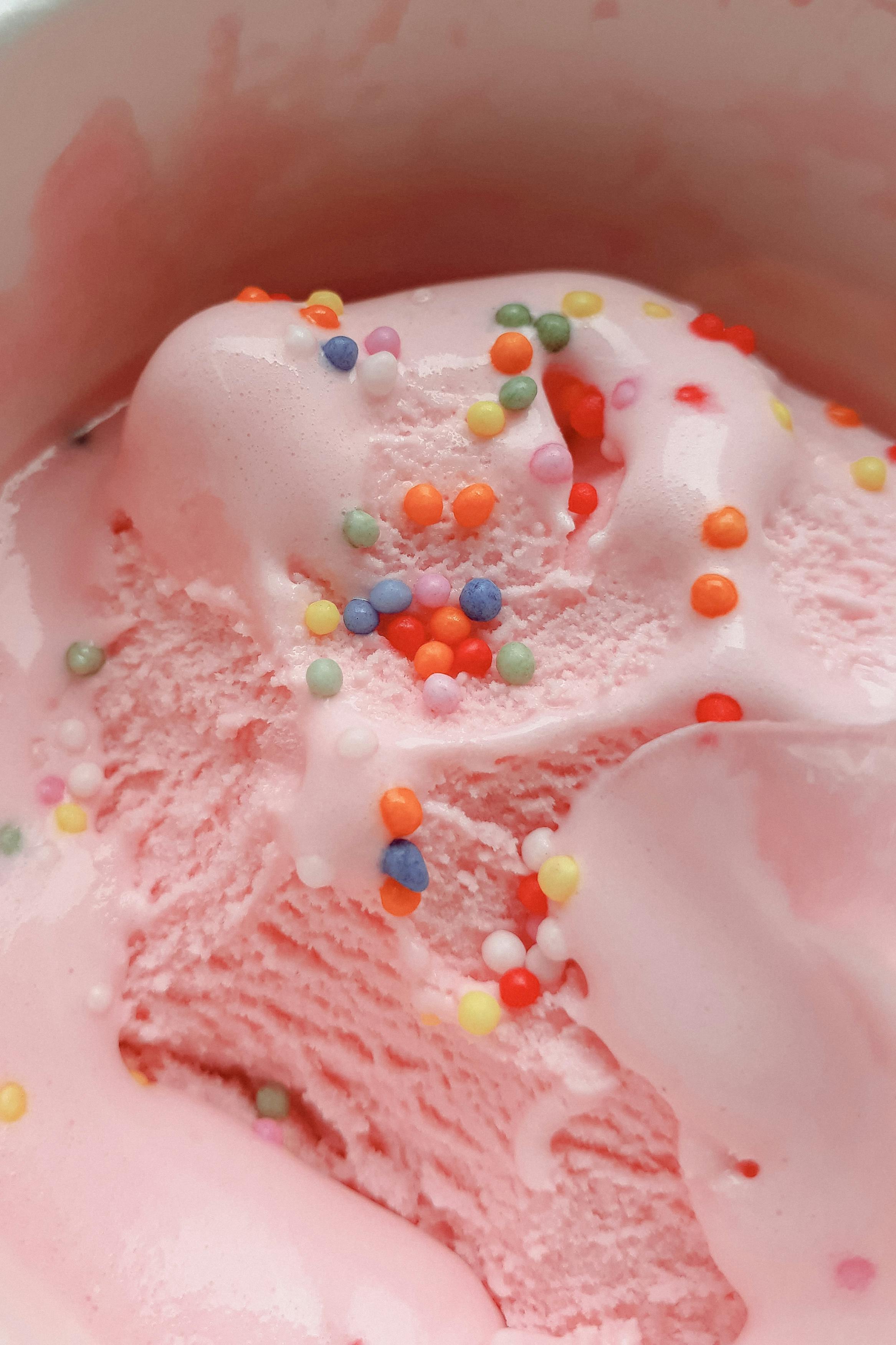
Essential Guide to Diet vs. Zero Sugar Drinks in 2025
As consumer health awareness rises, many individuals are re-evaluating their beverage choices, especially regarding sugar consumption. Among the most contested areas sit diet drinks and zero sugar beverages, leading to confusion over their differences, health effects, and benefits. This guide aims to clarify the difference between diet and zero sugar drinks, equipping you with the necessary knowledge to make informed dietary decisions.
Both diet sodas and zero sugar drinks were created as alternatives to sugary beverages, but they can differ greatly in ingredients, health effects, and consumer perceptions. Understanding the health effects of diet drinks versus the advantages of zero sugar options can help consumers choose wisely and align their choices with their health goals.
This article will delve into the key differences between diet and zero sugar drinks, exploring their ingredients, health impacts, and market trends through 2025. We will also discuss practical considerations for those planning their diets, particularly concerning weight management and overall health. If you're seeking nutritional comparison of diet and zero sugar alternatives, or if you want to decode the marketing behind these beverages, this guide will provide valuable insights.
Key takeaways include understanding artificial sweeteners, evaluating calories in diet beverages, and discerning between zero sugar options with healthy alternatives. By the end of this guide, you'll have a comprehensive view of how to regulate your sugar intake while still enjoying your favorite drinks.
Understanding the Ingredients of Diet and Zero Sugar Drinks
Building on the necessity to make informed choices, it is crucial to analyze the diet drinks ingredients so common in our supermarkets. Most diet beverages contain artificial sweeteners, primarily as a substitute for sugar, allowing brands to provide sweetness without the associated calorie load. Popular choices include aspartame, sucralose, and saccharin. While these sweeteners can help reduce caloric intake, consumer sentiment regarding their safety and health implications remains divided.
Conversely, zero sugar beverages often hinge on formulations that include natural sugar alternatives as well as a blend of artificial sweeteners. Many brands seek to innovate by combining flavors that enhance taste profiles without piling on calories. These drinks aim to replicate the familiar taste of traditional sugary sodas while catering to health-conscious consumers.
Understanding these ingredients is pivotal, especially for individuals with dietary restrictions such as diabetes, where diet drinks and diabetes might intersect in complex ways. The research on how artificial sweeteners impact blood sugar levels continues to evolve, making it important to stay informed.
As you navigate through the many options available, recognizing the ingredients used can aid in selecting products that not only taste good but also align with your health goals. With this in mind, let’s look deeper into the health effects associated with these beverages, particularly concerning metabolism and weight management.
Health Effects of Diet Drinks vs. Zero Sugar Beverages
The debate surrounding the health risks of diet sodas has intensified in recent years, with emerging studies assessing their long-term implications. Initial studies hinted at a potential correlation between diet sodas and various health issues, including metabolic syndrome and weight gain. Recent inquiries suggest that while diet beverages may seem harmless, they can disrupt metabolic functions and may provoke cravings for sweet foods, impacting overall dietary success.
Zero sugar drinks, on the other hand, have been marketed with a focus on their health benefits. By removing all forms of sugar, they claim to provide a guilt-free refreshment. However, concerns regarding artificial sweeteners' effects still loom, especially among those who prioritize natural ingredients in their diets. Discussions on the science behind diet sodas and consumer awareness of sugar substitutes help illuminate the paradox of enjoying sweet flavors without actual sweets.
As consumers navigate these beverage types, it remains essential to balance enjoyment with health considerations. Here, understanding the impact of diet drinks on metabolism and the potential for weight loss strategies that incorporate diet beverages becomes crucial. As we transition into exploring taste differences, it is vital to recognize how flavor may influence consumer preferences.
Taste Differences Between Diet and Zero Sugar Drinks
When it comes to choosing between diet and zero sugar beverages, taste differences between diet and zero sugar often play a crucial role. Many consumers express different preferences based upon the flavors and sweetener perceptions. Diet sodas frequently exhibit a distinct taste profile due to the artificial sweeteners used, which can sometimes have an aftertaste that is not universally appealing.
In contrast, zero sugar soft drinks often strive for taste enhancement by utilizing a combination of sweeteners, including natural alternatives. This blend aims to provide sweetness while minimizing the negative taste associations linked to certain artificial options. For those exploring zero sugar drinks recipes, using these beverages can create palatable concoctions that appeal to health-conscious individuals.
Another consideration is caffeine content, as many diet and zero sugar beverages incorporate caffeine to provide an energy boost. Understanding the caffeine content in diet drinks can help consumers better regulate their intake, particularly for those sensitive to caffeine's effects.
Exploring the flavor options, alongside the understanding of sweeteners, paves the way for more informed choices in beverage selection. As we delve into the nutritional profiles, the topic of consumer behavior trends in beverages will illuminate how marketing tactics sway public perception and choices.
Market Trends: The Shift Toward Zero Sugar Products
The beverage industry is witnessing a significant shift toward zero sugar products, driven by health-conscious consumer behavior and changing dietary guidelines for sugary drinks. As consumers become increasingly aware of sugar's detrimental health effects, the demand for alternatives has skyrocketed. Recent reports indicate a growth trajectory for the zero sugar market, making it one of the fastest-growing segments within the beverage industry.
Public perception of diet drinks has been altered considerably by social media influences and health campaigns. Misconceptions, stemming in part from debates over artificial sweeteners and their safety, have led some to avoid diet sodas altogether. In contrast, zero sugar drinks are often perceived as a healthier, more acceptable option.
Consumer behavior trends reveal that individuals are not only looking for flavor but are also drawn toward beverages that support their lifestyle choices. As marketers respond to these changes, the marketing of zero sugar brands will become even more pronounced, utilizing strategies that emphasize natural ingredients and health benefits.
As we look ahead, the implications of these trends suggest that understanding zero sugar in sports drinks and other categories will become increasingly relevant as consumers continue to prioritize health over indulgence. Up next, we’ll consider the role of these beverages in diet planning and maintain a focus on the bigger picture of health and wellness.
Diet Planning: How to Choose Between Diet and Zero Sugar Drinks
Incorporating beverages into a weight loss strategy demands mindful consideration of diet planning for weight loss. When deciding between diet and zero sugar options, it's essential to analyze the overall dietary context and personal health goals. Assessing the calorie content in diet beverages versus their sugar alternatives can reveal insights into caloric consumption and nutritional value.
For those managing weight, it’s crucial to avoid over-relying on diet drinks, as they may lead to cravings for other high-calorie foods due to sweetness triggers. Implementing a balanced approach, which integrates healthy alternatives to diet sodas, can provide substantial health benefits. This ultimately leads to the role of soda in diet plans becoming a decision influenced not only by taste but also by health outcomes.
As consumer awareness around sugar alternatives grows, understanding which drinks align with one’s health goals, especially for individuals with dietary restrictions, is paramount. Reading nutrition labels for diet beverages becomes more than just identifying sugars; it involves understanding ingredient compositions and potential effects on overall health.
The discussion here sets the stage for awareness around common misconceptions, helping consumers better navigate their beverage choices and establish a regimen that aligns with their wellness aspirations. Next, we will address frequently asked questions regarding both categories to further clarify their roles in our diets.
Frequently Asked Questions about Diet and Zero Sugar Drinks
1. What is the main difference between diet and zero sugar drinks?
The primary difference lies in the formulation of sweeteners. Diet drinks typically use artificial sweeteners, while zero sugar drinks often include natural alternatives. Both aim to provide sweetness without sugar.
2. Are zero sugar drinks healthier than diet sodas?
Generally, zero sugar drinks are often marketed as healthier choices because they usually contain fewer artificial ingredients; however, it's vital to consider individual health goals and preferences.
3. Can diet and zero sugar beverages aid in weight loss?
When consumed in moderation, both categories can help reduce overall caloric intake, but excessive consumption may lead to sugar cravings, impacting dietary goals.
4. How do sweeteners in these drinks affect metabolism?
Research suggests that certain artificial sweeteners may interfere with metabolic processes, leading to varied outcomes in weight management. It’s vital to pay attention to how your body reacts.
5. What should I consider when choosing between diet and zero sugar drinks?
Evaluate your dietary needs, ingredient labels, and personal health conditions. Additionally, consider how these drinks fit into your overall lifestyle, including any dietary restrictions.

